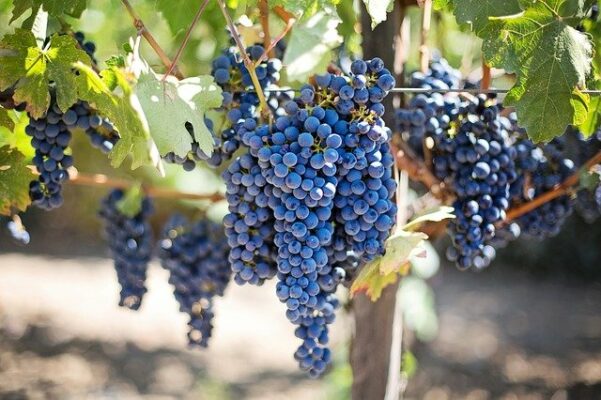
- This event has passed.
Novelties, Frauds, and Protections: The Fruit Business in Ninteenth-Century America

Speaker: Professor Daniel Kevles, Yale University
In the United States through the 1830s, commercial fruit nurseries were few in number, served largely local markets, and, facing little competition, did little in their catalogues to differentiate and brand their products. Beginning in the 1820s, the transportation revolution, the migrations westward, and the creation of relentlessly expanding markets steadily enlarged competition and put a premium on the innovation of novel fruits. Plants were not patentable at the time. Plant nurseries, hitherto members of close-knit local communities, had tended to rely on mutual trust to prevent the appropriation of their innovations. However, operating in increasingly impersonal regional and national markets they sought to protect their investments in the creation or acquisition of novelties by branding their products. Still, cheats could offer fraudulent or adulterated fruit trees or vines under the branded name, and purchasers would be none the wiser because it was virtually impossible to tell simply by inspection what plant or plant quality young trees or vines would eventually produce.
From the 1830s through the rest of the century, purveyors of innovations developed a variety of strategies to protect their brands. The strategies were well exemplified by several prominent nurseries, notably Ellwanger and Barry’s, in Rochester, New York; Charles Hovey’s, in Cambridge, Massachusetts; and Luther Burbank’s, in Santa Rosa, California. They emphasized in their catalogues the importance of purchasing only from reliable sources, included testimonials from happy customers, and provided lithographs – first black and white, then in color – of their branded fruits. Still, thieves of new fruit trees and vines could simply clone them and sell them under another brand name. In the face of that biological loophole, their originators charged exceptionally high prices for first sales, hoping therein to recoup the downstream revenues they would lose to appropriation. They also employed traveling salesmen to sell their trees and vines, instructed them to gain trust by behaving in a moral, upright manner, and equipped them with sample books that presented in full color the fruits purchasers would get if they bought and planted the nursery’s trees and vines. By the late nineteenth century, finding these protective strategies increasing inadequate, nurserymen began agitating for national legal protection of their branded novelties through trademarks and patents.
Date and time: 9 AM, 18 October 2022 AEST (Time Converter for your location), 1 hour duration
Location: Online Lecture via Zoom
Go check the People, Plants and the Law Online Lecture Series

